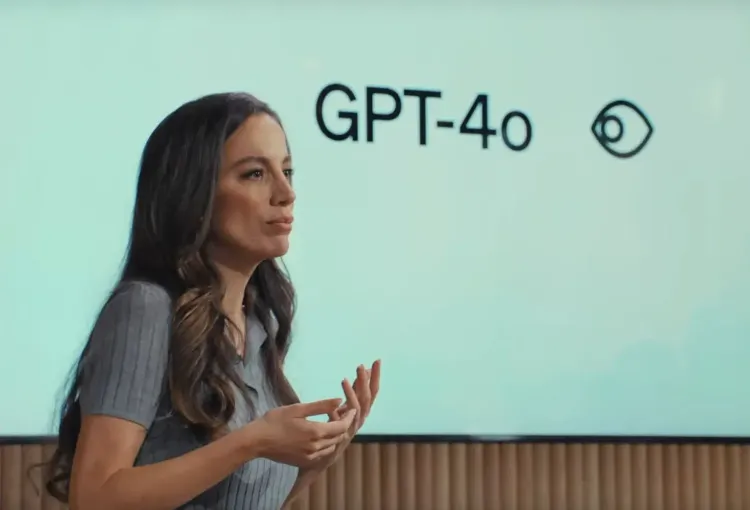The Invisible Hands: Uncovering North Korea's Hidden Role in Western Animation Production

In the intricate world of global animation production, a startling revelation has recently come to light: North Korean animators have been secretly contributing to major Western animation projects, unbeknownst to the companies that commissioned the work. This discovery has sent shockwaves through the industry, raising questions about the ethics and legality of outsourcing practices and the challenges of maintaining transparency in an increasingly globalized market.
The Rise of North Korean Animation Outsourcing
North Korea, a nation often associated with political tensions and economic sanctions, has quietly been making its mark in the animation industry for decades. The country's main animation studio, SEK Studio, was established in the 1950s and has since become a significant player in the global animation outsourcing market.
SEK Studio's success can be attributed to several factors. Firstly, the cost of labor in North Korea is relatively low compared to other countries, making it an attractive option for companies looking to reduce production costs. Secondly, North Korean animators are known for their skill and attention to detail, having honed their craft over many years.
Throughout its history, SEK Studio has contributed to numerous high-profile international projects. Some of their most notable works include assisting with the production of Disney classics such as "The Lion King" and "Pocahontas". These collaborations demonstrate the studio's ability to deliver quality work that meets the standards of the world's most renowned animation companies.

The Revelation of Hidden Collaborations
The recent discovery of North Korean involvement in Western animation projects came about through an unlikely source: a misconfigured North Korean Internet cloud server. This server, which was briefly accessible to the public, contained a treasure trove of documents that shed light on the extent of North Korea's animation outsourcing activities.
Among the files found on the server were animation files and editing instructions for several popular shows, including "Invincible" on Amazon Prime Video and "Iyanu: Child of Wonder" on Max. These documents provided clear evidence that North Korean animators had been working on these projects, likely without the knowledge of the companies that had commissioned the work.
The revelation of these hidden collaborations has raised serious concerns within the animation industry and beyond. The primary issue at hand is the potential violation of international sanctions, which prohibit economic engagement with entities from North Korea due to the country's nuclear weapons and missile programs.

The Challenges of Global Outsourcing
The discovery of North Korean involvement in Western animation projects highlights the complexities and challenges of global outsourcing in the creative industries. As companies increasingly look to reduce costs and streamline production processes, the practice of outsourcing has become commonplace. However, this trend has also led to a lack of transparency and accountability in some cases.
One of the main challenges lies in verifying the identity and location of outsourcing partners. In the case of North Korean animators, it appears that they may have misrepresented their location and identity to secure remote contract work. This deception is particularly concerning given the strict international sanctions in place against North Korea.
Another issue is the potential for exploitation and unfair labor practices in countries with lower labor costs. While outsourcing can provide economic opportunities for workers in these countries, it can also lead to poor working conditions and inadequate compensation. Companies that engage in outsourcing must be vigilant in ensuring that their partners adhere to ethical labor standards.
The Need for Enhanced Due Diligence
In light of these revelations, it is clear that companies in the animation industry and beyond must take steps to enhance their due diligence processes when engaging in outsourcing. This includes implementing more rigorous verification procedures for work documents, conducting video interviews with potential partners, and performing thorough background checks.
One potential solution is the use of biometric logins, which can help to ensure the authenticity of outsourcing partners. By requiring workers to provide unique biological identifiers, such as fingerprints or facial recognition, companies can verify that their partners are who they claim to be and are located where they say they are.
Another important step is to establish clear communication channels with outsourcing partners and to regularly monitor their work. This can help to identify any potential issues or red flags early on and allow for swift corrective action if necessary.

The Broader Implications for the Creative Industries
The case of North Korean animators working on Western projects has implications that extend beyond the animation industry. It serves as a stark reminder of the challenges and risks associated with globalization in the creative industries more broadly.
The key is to strike a balance between the benefits of globalization and the need for responsible business practices. This requires a proactive approach that prioritizes transparency, accountability, and the well-being of all stakeholders involved.
Conclusion: Stay Vigilant
As the creative industries continue to evolve and globalize, it is essential that companies remain vigilant in ensuring that their outsourcing practices are transparent, legal, and aligned with their values. This requires a proactive approach that prioritizes open communication, rigorous verification processes, and a willingness to hold partners accountable for their actions.
What are your thoughts? Should the US companies be sharing data with North Korea?











Member discussion